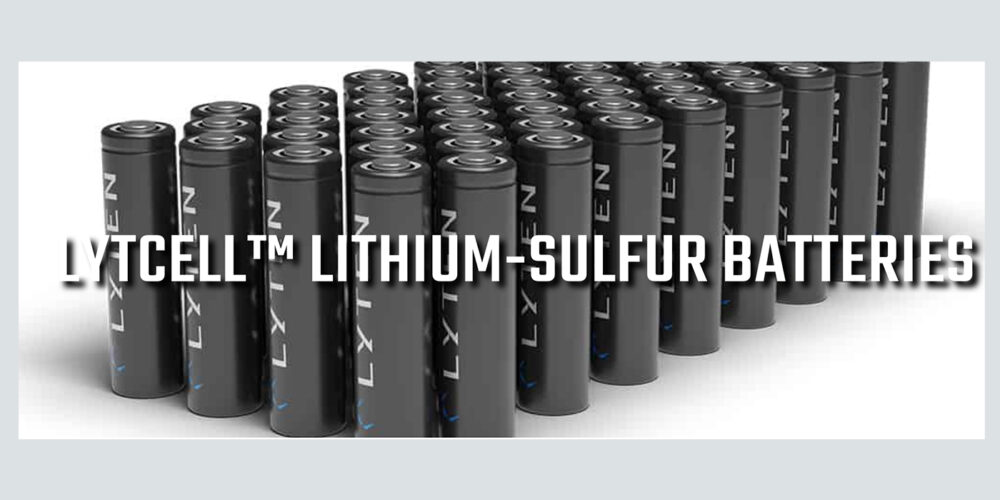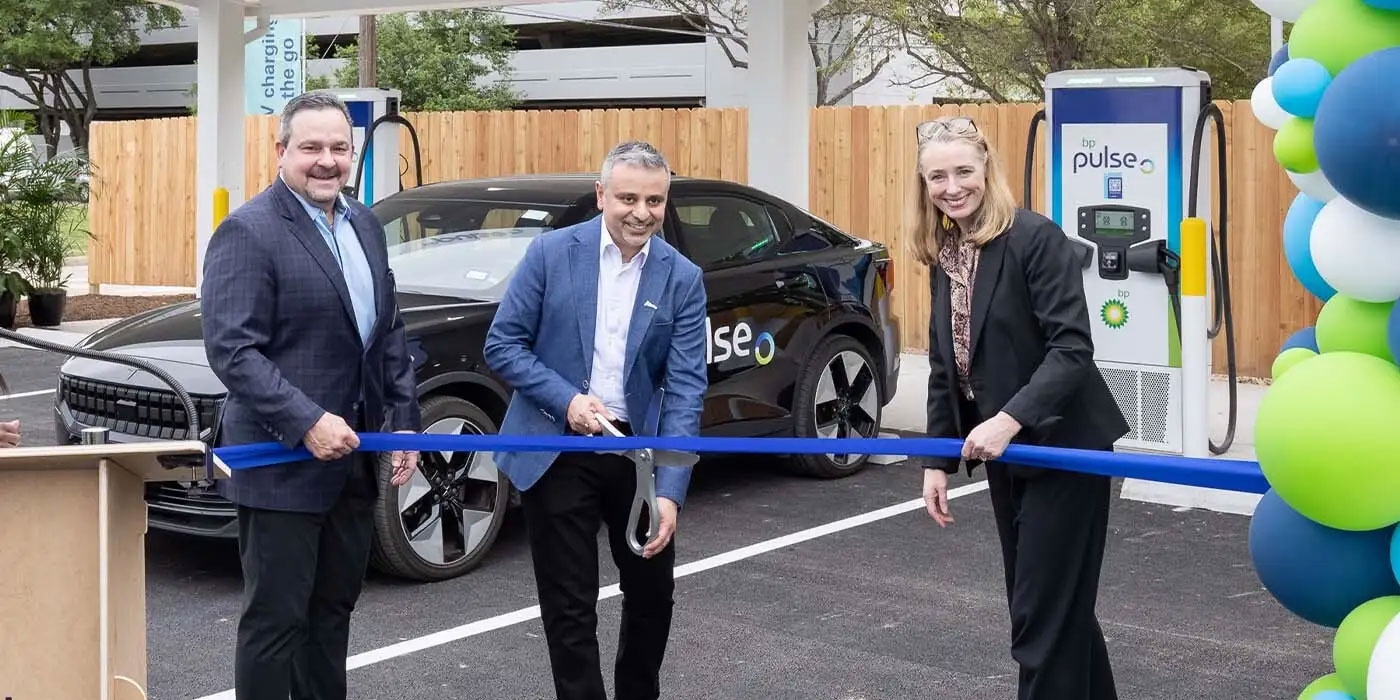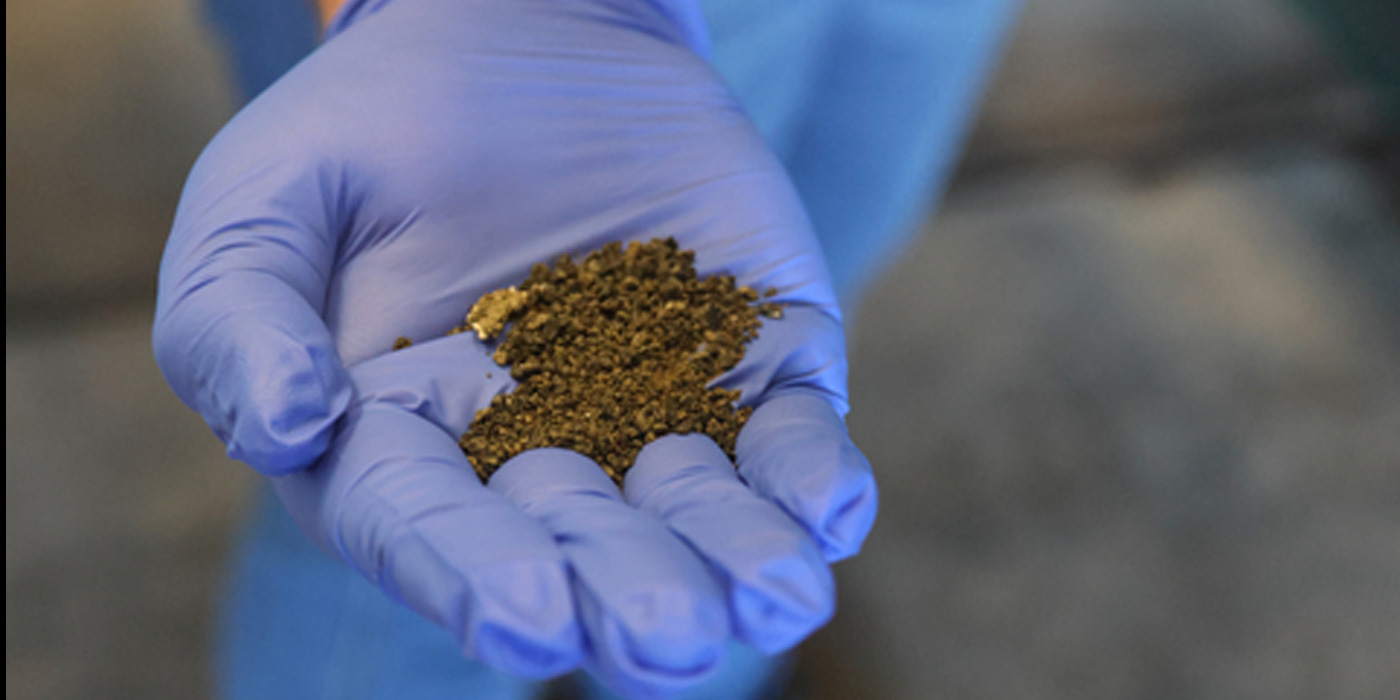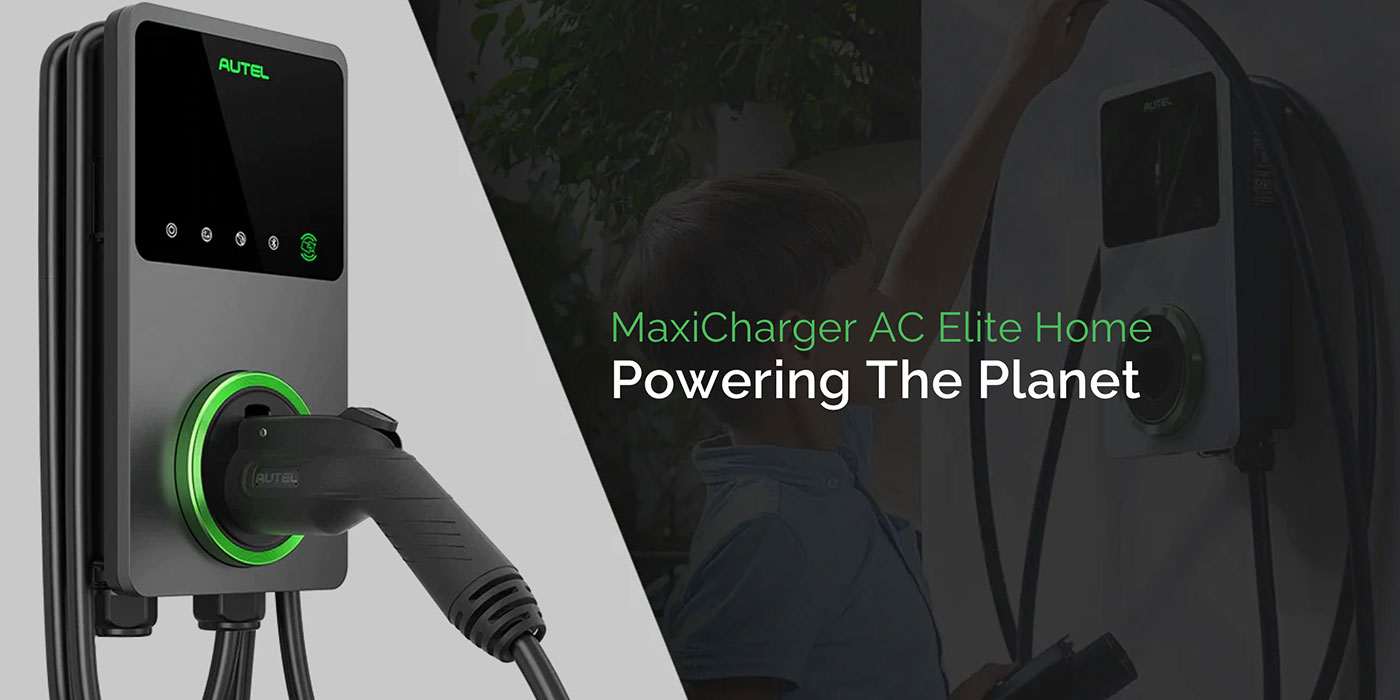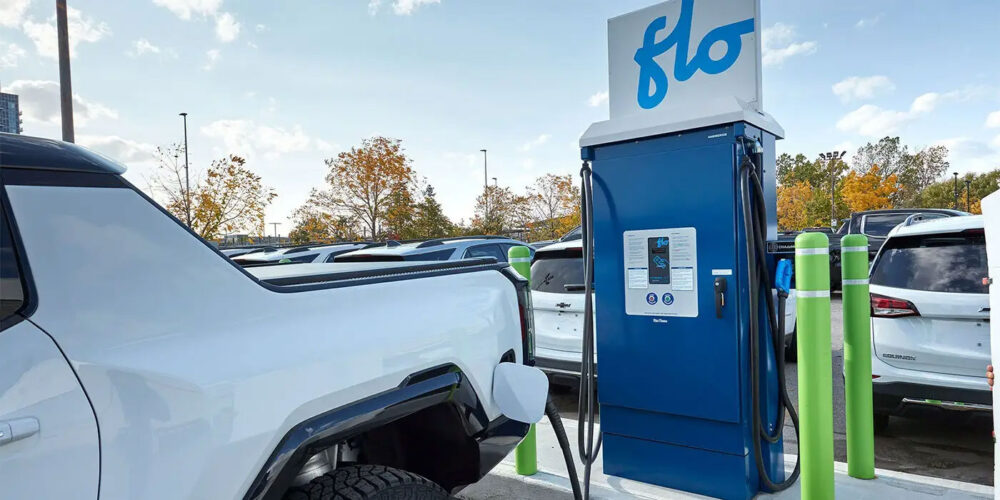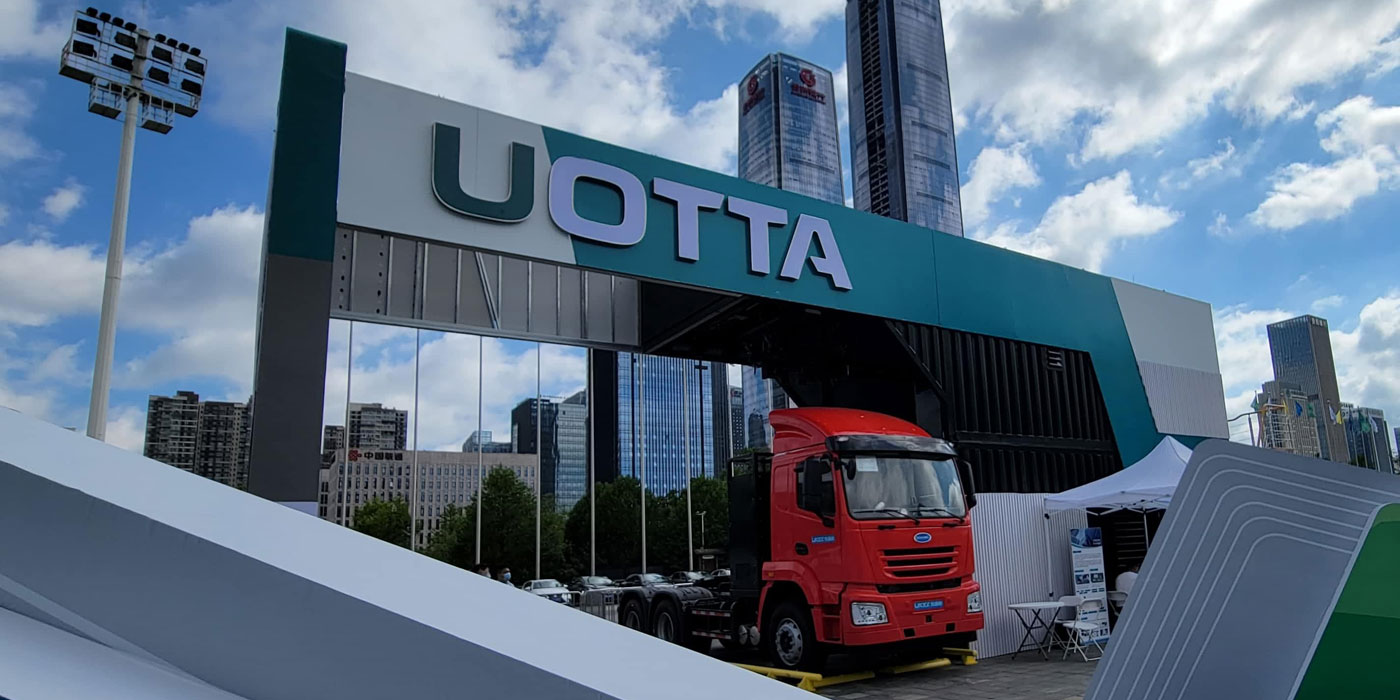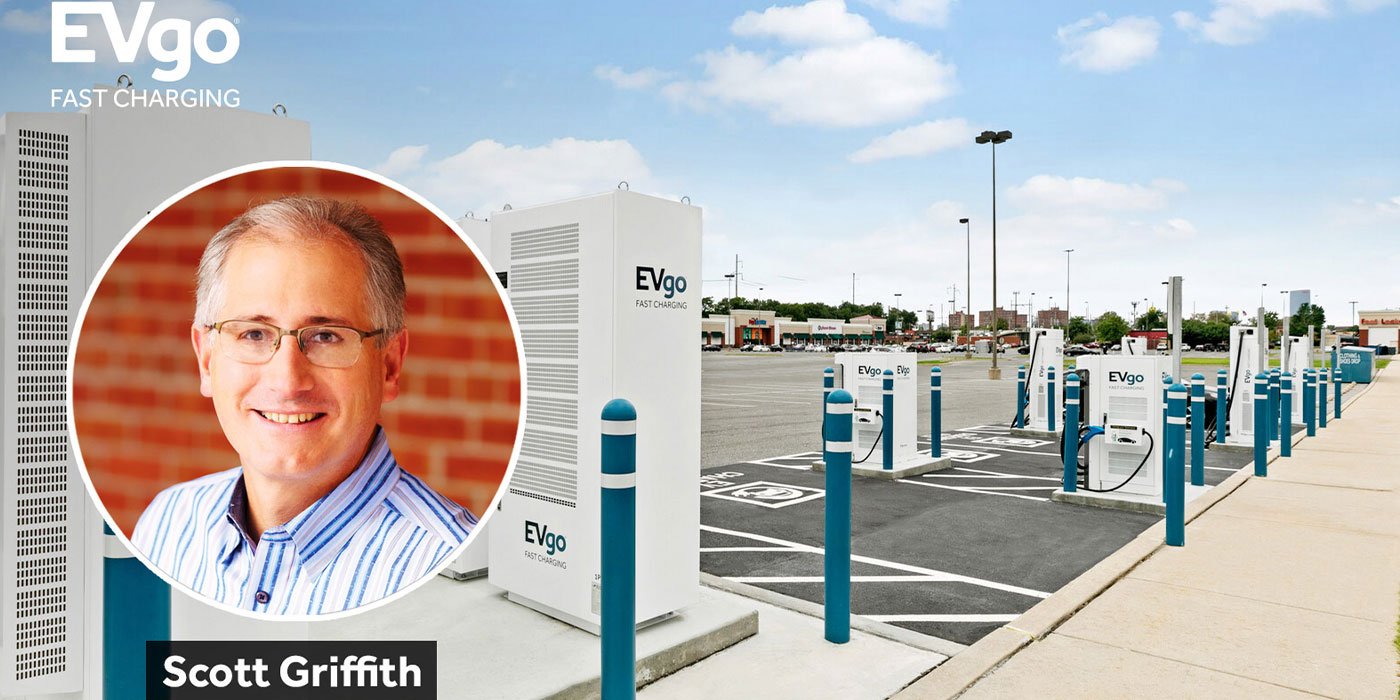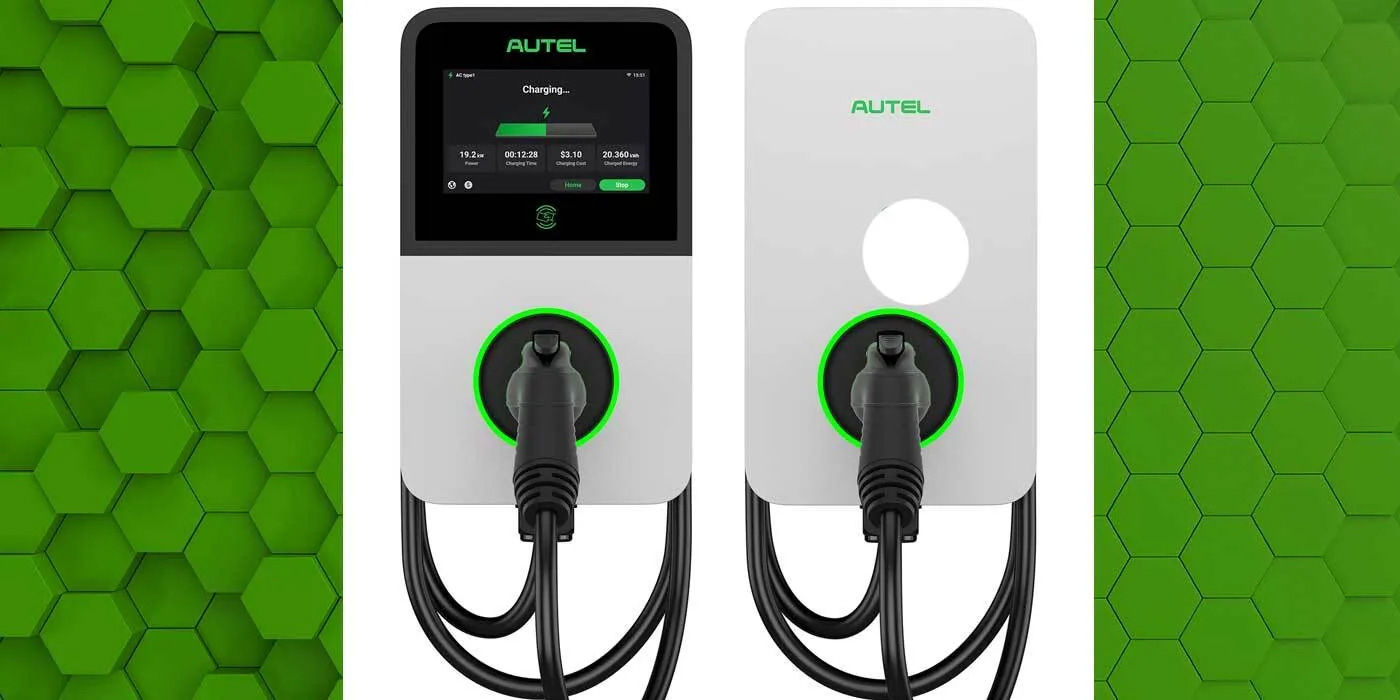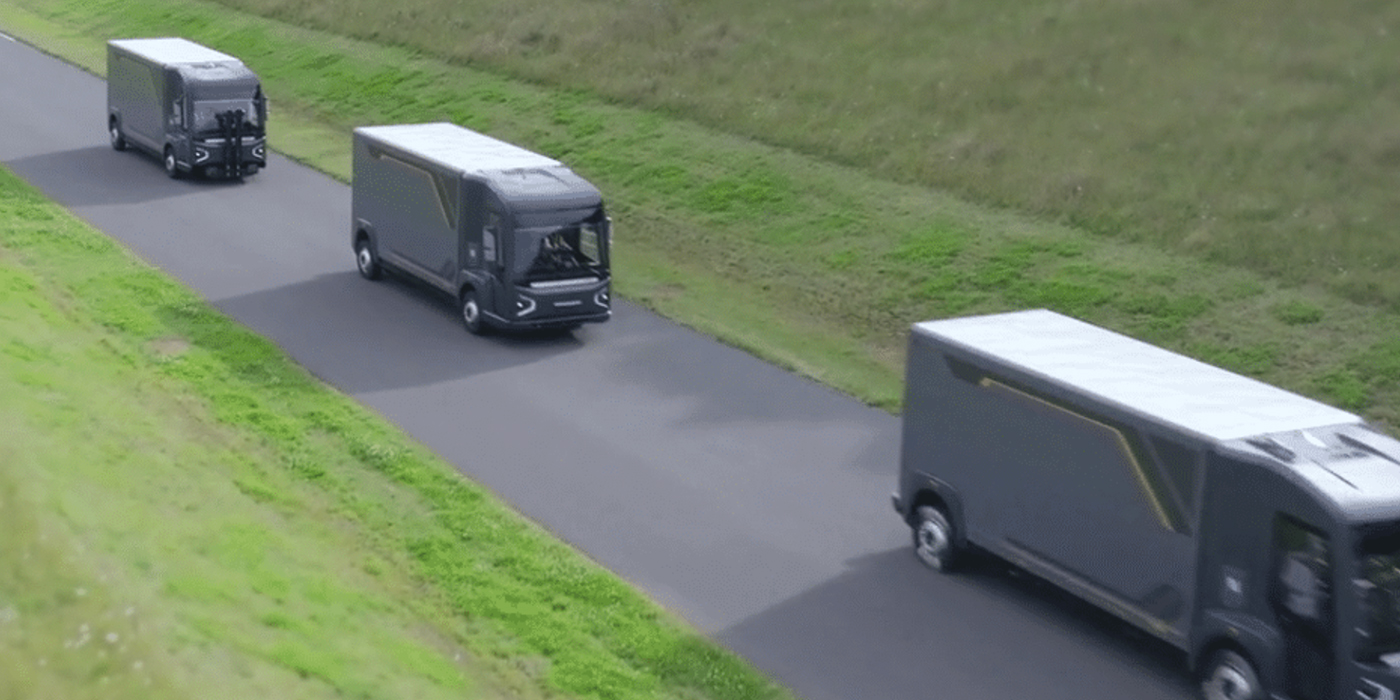Stellantis N.V. and Lyten, Inc. announced that Stellantis Ventures, the corporate venture fund of Stellantis, invested in Lyten to accelerate the commercialization of Lyten 3D Graphene applications for the mobility industry, including the LytCell Lithium-Sulfur EV battery, lightweighting composites, and novel on-board sensing. Lyten, a pioneer of three- dimensional (3D) Graphene, will leverage the tunability of the material to enable enhanced vehicle performance and customer experience while decarbonizing the transportation sector.
Lyten’s tunable materials platform has demonstrated significant reductions in greenhouse gas emissions and will advance the transition to sustainable mobility, according to the companies.
Unlike traditional lithium-ion batteries, Lyten’s Lithium-Sulfur batteries do not use nickel, cobalt, or manganese, resulting in an estimated 60% lower carbon footprint than today’s best-in-class batteries and a pathway to achieve the lowest emissions EV battery on the global market, the companies report. Raw materials for Lithium-Sulfur batteries have the potential to be sourced and produced locally, in North America or Europe, enhancing regional supply sovereignty. This technology will meet the needs of industries seeking lightweight and energy-dense batteries that are free from supply chain disruptions.
With traditional lithium-ion battery materials in critically short supply for EV manufacturing, Lyten’s Lithium-Sulfur battery will offer an alternative, non-nickel-manganese-cobalt cathode solution that supports the global transition to electric vehicles at mass market scale, the companies say. Lyten’s goal is to provide a secure supply of performance-based and environmentally sustainable products to its customers, while also enabling auto manufacturers to take advantage of growing U.S. and European policy incentives, such as those referenced in the Inflation Reduction Act.

